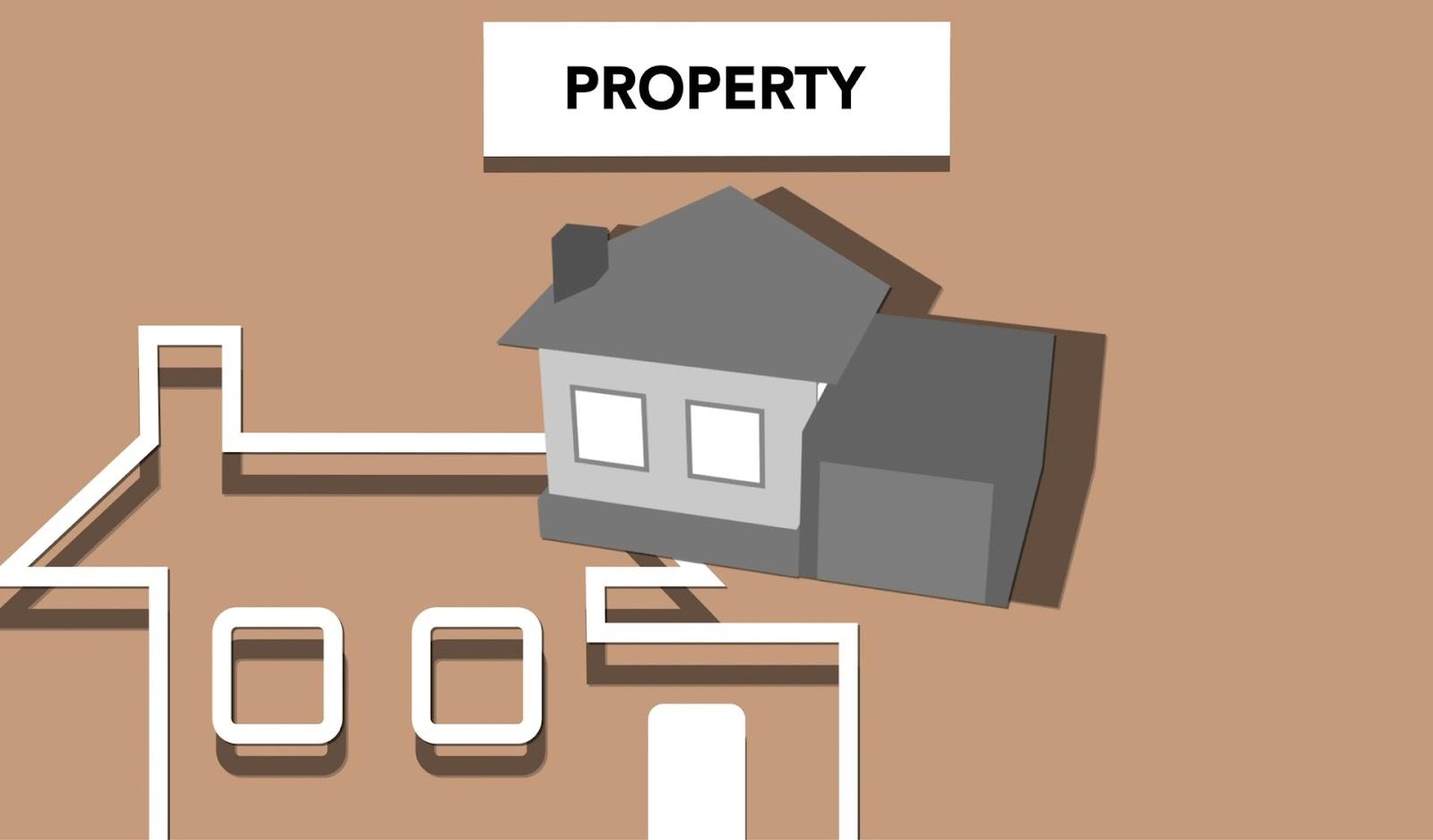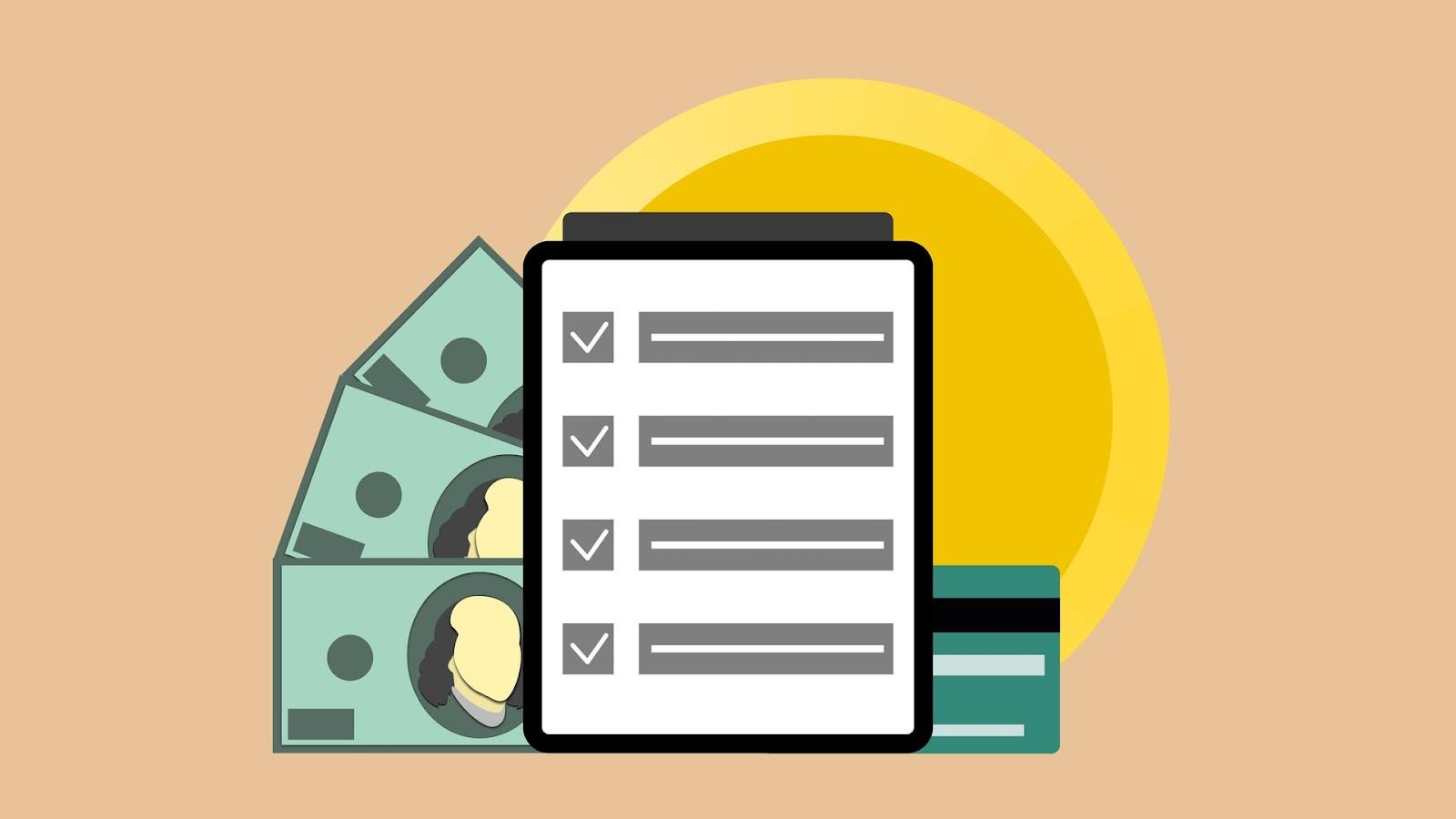Buying rental property is a long-term financial investment, but you can't always afford to buy it outright. If you can't afford to finance a property outright or don't have the time to handle it all alone, you may need to take out a loan.
The housing market has been on fire for years, and if you have your rental property, you've likely benefited. But if you want to expand your portfolio, you may need extra cash. The problem is that traditional debt may not be enough. That's why you should consider rental loans.
Here's what you must know about rental property loans, including how they work and what you must do to get the best rates.
What is a Rental Property Loan?
This property loan refers to a first-line mortgage loan that uses a single-family residence as collateral and is rented out rather than lived in by the owner. The home must be rent-ready to qualify.
Although a rental property loan can be outstanding for short-term purposes like holiday rentals, the renter typically uses them long-term.
How Do Rental Property Loans Work?
Loans for residential rental properties typically have significantly higher interest rates and more significant down payments. Making a precise formal record for cash flow is simpler because rental property loans are still financed over 30 years and have a fixed monthly fee.
When you attempt to fund a non-owner-occupied house, you'll notice similarities in the procedure if you've previously obtained a mortgage for your primary home. To qualify for an investment loan, you must submit an application, provide documentation of your financial accounts, and have good business credit.
Rental property loan conditions differ depending on the lender. However, below is a rundown of what to expect.
- 620 minimum credit score
- Maximum debt-to-income ratio (DTI) of 36%
- A down payment of 25% or more, depending on the type of property and the borrower's credit.
- Residential rental property loans are available for single-family and multi-family properties, townhomes, and condominiums.
- Increased rates to make up for the lender's increased risk.
- The borrower's cash reserves must be sufficient to pay the mortgage for six months.
Since lenders perceive investment property loans as riskier than mortgages for owner-occupied homes, interest rates are higher and down payments are more significant. However, investors can deduct all interest payments from their taxes.
Types of Loans for Rental Property
Buying rental properties helps diversify your income and boost your savings, and there are many different ways to go about it. Still, before making any big decisions, you need to know about the different types of rental property loans available to help you.
Conventional Loans
The most common kind of mortgage is a conventional or conforming loan. These are loans that a government-sponsored agency secures. Traditional lenders like banks, credit unions, and mortgage brokers can assist you in finding the best price.
Conventional loans sometimes have the lowest interest rates when you want to finance a rental property. With solid credit, interest rates are typically lower than other options, and down payments might be as little as 25%.
To waive mortgage insurance, you must put down at least one-fifth of the purchase price.
Conventional loans have to adhere to Freddie Mac or Fannie Mae's requirements. When you currently have four mortgage loans, many lenders won't allow you to obtain another one. However, Fannie and Freddie permit up to 10 mortgages from the same borrower.
Blanket Mortgage
A blanket loan is a fantastic choice for real estate investors who wish to refinance a portfolio of already-existing rental properties or buy several properties and finance them all using a single loan.
Developers frequently employ cross-collateralized blanket mortgages when they wish to buy a sizable piece of land and construct several residences on it. House flippers are commonly drawn to blanket mortgages as well.
Private lenders and mortgage brokers are two places to go for a general mortgage loan for any property that generates income. Lenders differ in terms of interest rate, loan period, down payment, and credit score. Therefore, loan terms can get altered to suit the interests of both borrowers and lenders.
Consider cross-collateralization as another viable method for real estate investors to obtain funding. You can finance several investment homes using a blanket mortgage.
FHA Loans
Traditional lenders and mortgage brokers also offer Federal Housing Administration (FHA) loans. FHA loans are an excellent alternative for multi-family property investors seeking a rental property loan for a new acquisition, construction, or renovation of an existing property.
However, the investor must have lived in one unit as their principal residence for at least a year to get considered for an FHA multi-family loan.
The down payment and credit score criteria are typically lower than those of a traditional loan, and revenue from an existing rental property could help with qualification. Even if you have a bankruptcy or other financial issue on your record, you might be able to acquire an FHA loan.
Although FHA loans feature reduced minimum credit score requirements and low down payment alternatives, you still have to pay mortgage insurance.
FHA loans are particularly enticing to first-time homebuyers because of their flexible conditions. Their closing costs can be rolled over into the loan.
Portfolio Loan
Unlike conventional loans, portfolio loans get retained by the lender who issued them. Portfolio loans do not need to adhere to GSE regulations. This arrangement means that portfolio lenders can decide to accept or reject your application based on their standards.
The mortgage brokers and private lenders offering portfolio loans may give the borrower a discount for numerous loans, even though each property has a loan. The same lender makes separate single-family or multi-family loans against various properties.
A portfolio loan may be a smart option if you cannot obtain a standard mortgage to purchase an investment property. However, the cost of a portfolio loan may increase because the lending requirements are more flexible than other options.
Be sure to carefully research the terms offered if you consider taking out a portfolio loan. To locate the best offer, it's a good idea to compare the rates and fees charged by various lenders.
HELOC and Home Equity Loan
Investors have two ways to withdraw funds from an existing property to use as a down payment for loans for rental property:
- A home equity line of credit (HELOC)
- A home equity loan.
Investors can access a HELOC anytime if there is enough security in an existing property. The loan is serviced monthly, just like a credit card. This technique is similar to financing future purchases using the cash flow from current rental properties.
A home equity loan is a subsidiary mortgage that gives the borrower a massive chunk of money. Lenders typically establish a borrowing limit for a HELOC and a home equity loan of between 75% and 80% of the property's value.
Top lenders, including Bank of America, PenFed Credit Union, US Bank, and Alliant, offer some of the most fantastic HELOC options.
Veterans Affairs Loan
People looking to buy a home can use their Veterans Affairs Home Loan benefit on an investment property. But this procedure can get quite complicated. There are specific property guidelines you must adhere to with VA loans.
Lenders have different requirements for how long you must live there. Most lenders will require you occupy the property for at least a year.
It's essential to speak with your lender if you plan to purchase another property during that period and want to keep the original one. However, there is no assurance that the original house can be marked as a rental property.
Banks, mortgage brokers, and credit unions provide Veterans Affairs loans for rental property to active military personnel, veterans, and spouses eligible for the VA program.
If you are eligible, using a VA loan to purchase a rental property has many advantages. You could earn more money to pay off your mortgage. You could also buy up to seven units. The best part is that there is no requirement for a minimum credit score or down payment.
Seller Financing
In real estate, seller financing (also known as a purchase-money mortgage) is where the seller manages the mortgage application process rather than a financial institution. The buyer signs a mortgage with the seller rather than applying for a traditional bank mortgage.
Like a mortgage loan, a seller financing arrangement eliminates the intermediary and gives the home seller control over the debt instead of a typical lender.
Owners who wish to finance capital gains tax payments over the loan term may find seller financing a viable option. Even with seller financing, borrowers can expect familiar standards, such as a minimum down payment and credit checks.
As with any legally enforceable mortgage arrangement or real estate deal, it's crucial to conduct your research and speak with a certified professional before proceeding.
Private Loans
Seasoned real estate investors and business people pool their funds and provide debt financing to provide private loans to landlords. These private investors offer loan conditions and costs frequently tailored to the transaction possibility and the borrower's experience because they are familiar with how the real estate industry operates.
Some private lenders may even acquire a modest equity stake in the project to receive lower fees or interest rates. Private lenders can also be a fantastic source of capital for upcoming real estate investments in rental properties if the investment succeeds as expected.
How do you Qualify for a Rental Property Loan?
Suppose you're interested in purchasing a rental property. It's essential to understand how to qualify for a rental property loan. It's not always as swift and easy as just putting down a deposit and making a few phone calls.
Strong credit and a low debt-to-income ratio are essential for obtaining a low-interest loan for rental property.
Your tax returns, profit-and-loss statements, and bank records may be requested when you apply for a loan for rental property.
How Can You Apply for a Loan for Investment Property?
To qualify for investment property loans, you must meet the following criteria:
— Employment Background
You must provide authentic employment documentation to be eligible for rental property loans. You must also present evidence that you have worked full-time and steadily for at least two years at the same job.
Even if you earn more than enough to meet the cost of the rental property, you should be prepared to provide more than two years of job history if you work part-time. The bank may require three or four years of employment if your income is not hourly.
Debt to Income Ratio (DTI)
An important factor in determining your eligibility is your debt-to-income ratio. The debt-to-income ratio (DTI) is a technique for lenders to compare the debt you're taking on to your income and existing debt.
DTI is the ratio of total monthly debts to gross monthly income.
Depending on your chosen lender, you must be below a specific cutoff to qualify. Your DTI should be below 50% at the very least. You will have the best chance if your DTI is 36% or less.
Some lenders will let you add a portion of your projected rental income to your gross income to make things simpler for you.
Credit score
You require a clear credit history and a minimum credit score of 620 to be eligible for rental property loans. The best interest rates are available if your credit score is 720 or better.
If you have bad credit (anything below 620), there are some things you can do to raise your score and improve your eligibility. Your score will improve if you keep your credit utilization at 30 percent or less of your available credit and pay your bills on time each month.
Before qualifying for investment property loans, lenders want to ensure that you have maintained good credit practices for at least a few years. That means it may be hard for new real estate investors to have a good credit history.
The down payment
Your capacity to put down a sizable down payment is also crucial. It will help if you prepare to put down 20%–25% of the purchase price for investment property loans.
Beyond the down payment, you should have enough resources to cover rent loss and maintenance costs.
Lenders prefer to see recent bank statements that demonstrate significant savings, typically spanning several months. They will be more inclined to lend to you if they know that you are financially stable and have good money management skills.
How to Minimize Fees for Rental Property Loans
You can minimize interest and increase cash flow by checking into rental property loans with less stringent requirements. Here are a few helpful tips.
- By chatting with lenders and mortgage brokers familiar with the real estate market, you may find out which loan terms and circumstances are the finest.
- Use cash flow and profit and loss accounts to demonstrate the profitable operation of your current rental properties.
- Maintain a high credit score, employ a conservative Loan-to-Value (LTV) ratio, and put down about 25%.
- Consider creating a joint venture (JV) or partnership for projects outside your area of investing expertise.
- A lender would want to be confident that you are a serious real estate investor. Prepare your mortgage application documents, including W-2s, bank statements, and tax records.
Frequently Asked Questions
What credit score is required to purchase a rental property?
Typical investors often have a credit score of 700 or higher. Investors with FICO ratings of 620 or higher can locate other lenders who will consider funding them.
What distinguishes a rental property loan from a hard money loan?
To qualify for a loan, a rental property must be rent-ready and free of significant maintenance. Additionally, rental loans can have lengthy durations, between five to thirty years. Hard money loans frequently offer some finance for property upgrades and typically have durations of 24 months or less. Compared to rental loans, hard money loans often require higher down payments.
What is a rental property's typical interest rate?
Loans for rental properties have greater interest and expenses than mortgages for owner-occupied homes. Depending on several variables, the discrepancy can be anywhere from 100 bps to 400 bps.
What kind of loan is ideal for a rental property?
It depends on your situation. A rental agency loan may be the best option if you have an excellent personal income, significant cash reserves, good credit, and only intend to own one or two properties. A bank may be the best option if you have good credit and a proven track record.
The Short Term Shop Provides Secure Short-term Loans for Rental Properties.
Are you new to rental property investment? Or is your rental property loan costing you more than it should? You might be able to save thousands of dollars, but first, you have to know where to look.
At The Short Term Shop, you will get the best options if you are self-employed and want to expand your portfolio of rental properties. Contact us today!





